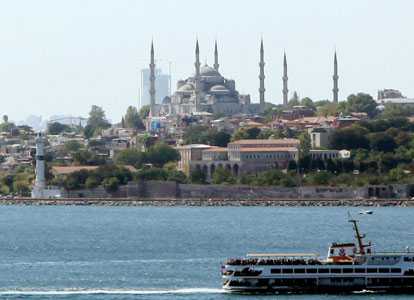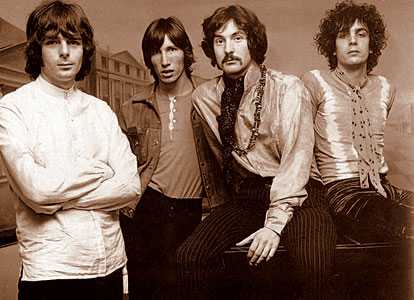By Jan Dalley
Published: November 26 2010 22:36 | Last updated: November 26 2010 22:36
Oya Eczacibasi, chair of Istanbul Modern

Oya Eczacibasi, Chair of the Board of Istanbul Modern, is tired, she says. Not that she looks it – she is still the chic and courteous presence of the previous day, when she hosted first a press conference then successive waves of visitors to the gallery’s new exhibition.
Now in its sixth year, the gallery has just opened a retrospective of the video work of Kutlug Ataman, the first in his homeland, despite international recognition over a long career. It also celebrates his return to Turkey after a long absence: his controversial work has led him into conflict with the Turkish authorities in the past.
A still from Kutlug Ataman’s ‘Never My Soul’, the story of a Turkish transvestite
The same conflicts and complexities – between the modernising Turkey and the traditionalists – made the setting-up of Istanbul Modern a long and tricky project. “This is,” Eczacibasi says, spreading her hands simply, “an Islamic country.”
The idea of establishing a museum of contemporary art in a country where there was none was the brainchild of Eczacibasi’s father-in-law, Dr Nejat Eczacibasi. In 1987 the first Istanbul Biennial attracted enough interest to point the way, and an endowment from the Eczacibasi Foundation enabled the conversion of the Feshane, a former textile plant, as the first museum.
“But,” Eczacibasi explains, “we opened in an ultra-religious district. There were difficulties.” After two years the challenges proved too much and the long hunt for premises was on again. It was not until the 8th Biennial, in 2003, that its location in warehouses on the Galata Pier looked promising, and eventually Prime Minister Erdogan approved their permanent use.
“But” – Eczacibasi tells what must have been a turbulent story very calmly – “it was a long time before we knew that we would not have to move again.”
To visit Istanbul Modern today is to glean no hint of problems in its inception. Sleek, white and spacious, with generous galleries and a terraced cafe with spectacular views over the Bosporus, it lives up to any world-class contemporary art space. Turkish Telecom is an important sponsor; the Ataman show is supported by Garanti Bank; it feels well settled. The spacious upstairs galleries host changing shows of the modern Turkish art collection; downstairs is devoted to temporary shows, mainly of Turkish artists, which can be design or fashion-led, such as that by fashion supremo Hussein Chalayan. Across the ceiling of the entry hall is slung an installation by British sculptor Richard Wentworth, of runaway books caught in a net – a scene-setting piece that welcomes and relaxes the visitor. Informality rules here, it seems to say.
“One of the things I’m most pleased about,” Eczacibasi tells me, “is that you can see a young woman in a headscarf sitting in the library next to a young woman in a miniskirt.”
Although she adds, in answer to my question about what it takes to attract the museum’s 500,000 annual visitors, that “some women with their heads covered are not sure whether they can come in”.
The laws made by Kemal Ataturk in the 1920s still dictate that women cannot enter public buildings with their heads covered, and there is great depth of feeling about the issue. Sure enough, it emerges in Ataman’s video installation, “Women Who Wear Wigs”. Four women use wigs to alter their image or identity: one a cancer victim, one on the run from the police, one (a favourite theme of the artist) a transsexual prostitute whose hair has been cruelly chopped by the police. The fourth wears a wig to enable her to attend university without violating her beliefs. It’s shocking – and indeed confusing – to most liberals.
The social and political tensions of this country poised on the brink of two continents and two ways of thinking make for rich art. Ataman’s videos explore split identities, confused gender roles, internal worlds that grate against external strictures. To come into the orbit of such tensions also makes one realise the diplomacy, tenacity and tact it must have taken Oya Eczacibasi to steer Istanbul Modern to the present. As we look at some pictures together we pause at one taken during the visit of Queen Elizabeth II. On one side is herself, a picture of western elegance with long loose hair; on the other, two women in long robes with tightly bound heads. They are the wives of prominent cultural figures.
“That,” says Eczacibasi, pointing to the glaring contrast, “that is Turkey.”
www.istanbulmodern.org
via FT.com / Arts / Collecting – Head for success.





